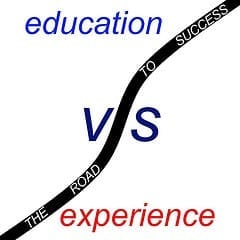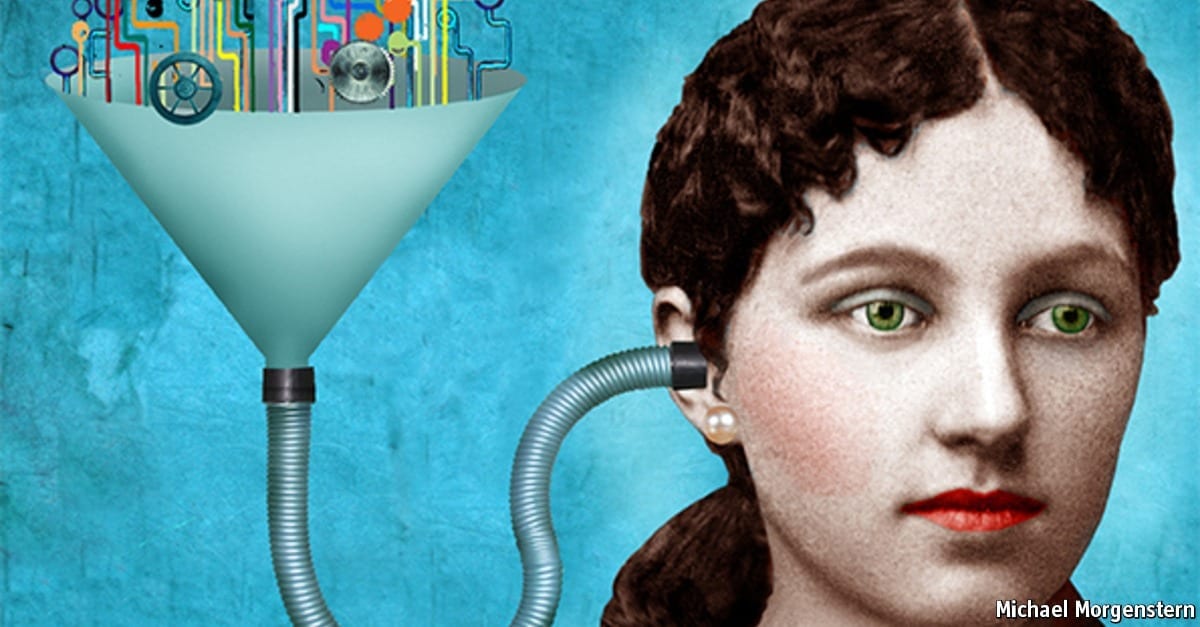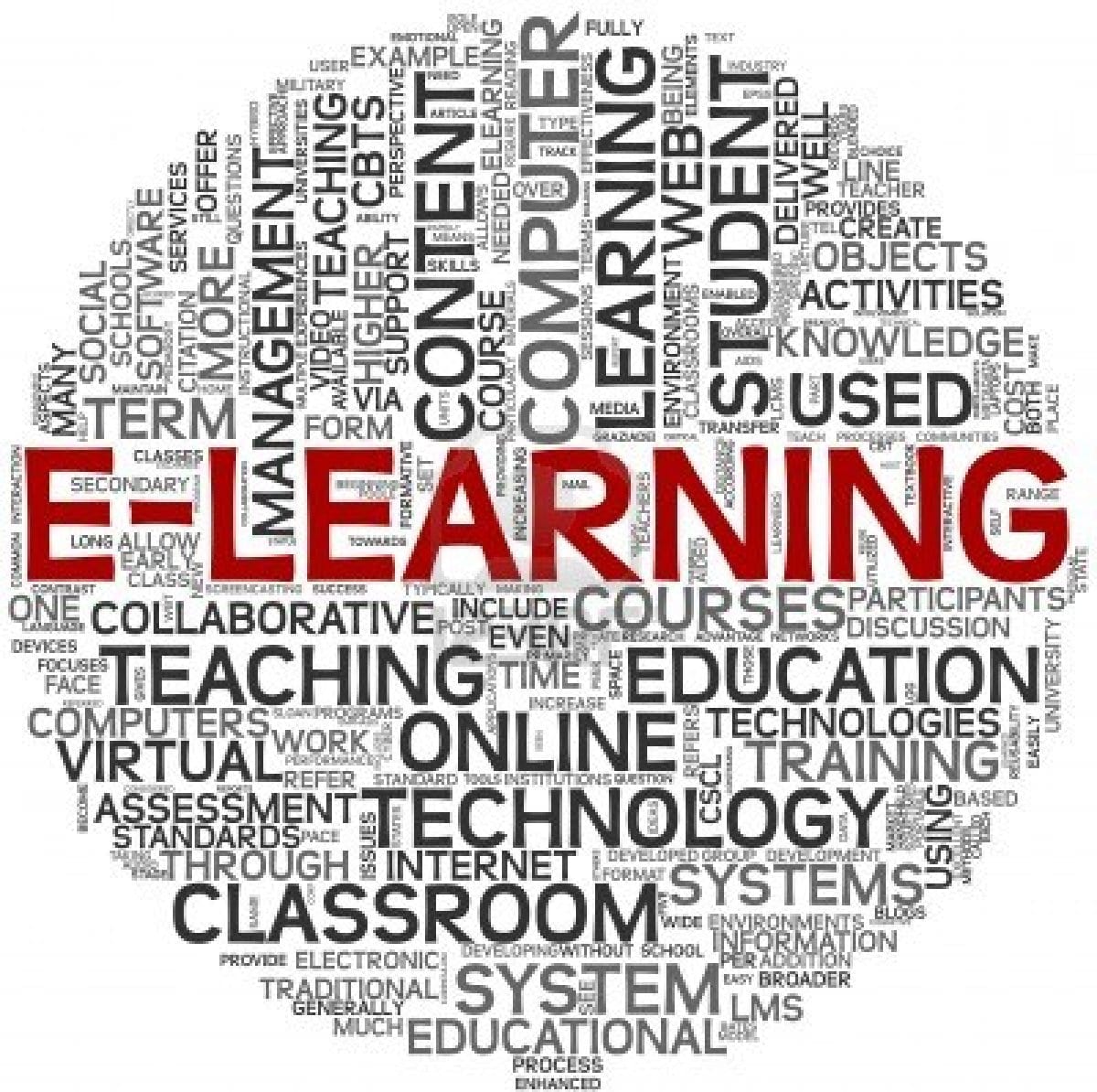So there’s a lot of enthusiasm for online education.
Of the many arguments I’ve seen, these make the most sense: First, online education gives people access to higher education who otherwise wouldn’t have it. It’s perfect for people with real jobs and busy schedules (and so who need to be “in class” whenever they can), people in remote locations, and people who just can’t afford the luxury of the personal “touch.”
Second, online education promises to make professors more productive. One instructor can reach hundreds or thousands of students. And it’s that fact—combined with the lack of unnecessary amenities and, you can hope, a very much reduced administrative infrastructure—that promises to make higher education affordable or at least no longer a ripoff.
Professors of political philosophy, such as the legendary Cliff Orwin, don’t think that they can do their jobs properly online.
But Orwin, for one, concedes a lot to the onliners. He admits that insofar that education is training it can be done online. Anyone who has tried to fix his screwed-up computer knows why. The instructional lesson or video or whatever may not be great, but neither might be the in-class lecture. You can read the instructions or watch the video time and again, and eventually you figure out what’s going on. You may or may not be able to ask your own “help” questions, but there are typically so many questions with expert answers online that you soon find one that fits your bill.
And I’ve noticed that even a lot of “real” science labs have become interactive computer simulations. They certainly begin to address the criticism that “experimental” courses can’t be online.
When it comes even to history, you can have links to lectures, articles, primary documents, and all that. Sure, it might be more up to the student than usual to put it all together. But all the trendy educational theories say that we should leave it to the students to make the connections anyway. I have no idea why an online package along those lines wouldn’t be regarded as far superior to a textbook. And, in fact, most textbooks now come with links to online stuff that really tend to make the textbook itself almost superfluous.
The weakness of online education, as far as I can tell, is evaluation of student performance. Online multiple-choice exams tend to be lame—either too easy or too boring to really engage or challenge the student. It’s true enough that they’re no worse than in-class exams of that kind. If a course involves the evaluation of a lot of written work by the student that’s emailed in, there’s the question of whether the student is doing his or her own work. If the work is carefully monitored and meticulously evaluated by the e-instructor, then it’s unlikely that instructor could handle more students than in an old-fashioned class.
I suspect that, for most kinds of courses, all questions concerning online “quality control” have or will have adequate answers. And it’s not like folks these days have that much confidence in “quality control” in the grade-inflated brick-and-mortar colleges.
The fashionable way of addressing the issue of quality—the development of easy-to-measure and so easy-to-assess “competencies”—actually works to the advantage of the onliners. The general drift from excellence to competence makes it easy to say that online is “good enough,” and “good enough” is all we’re going for.
via Big Think – Peter Lawler
The Latest Streaming News: The Real Education Issues updated minute-by-minute
Bookmark this page and come back often
Latest NEWS
Latest VIDEO








